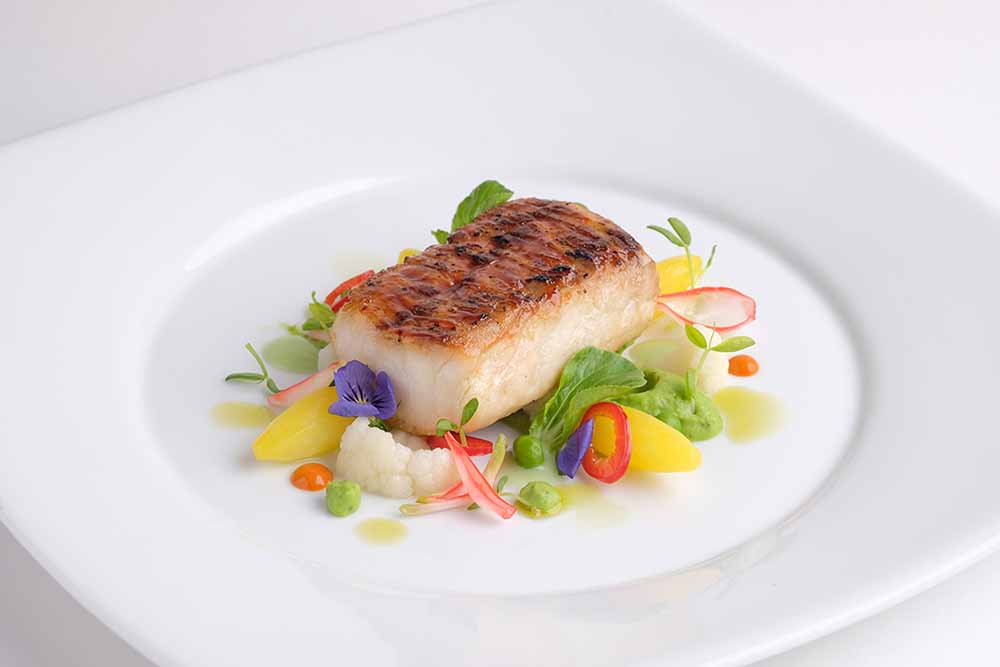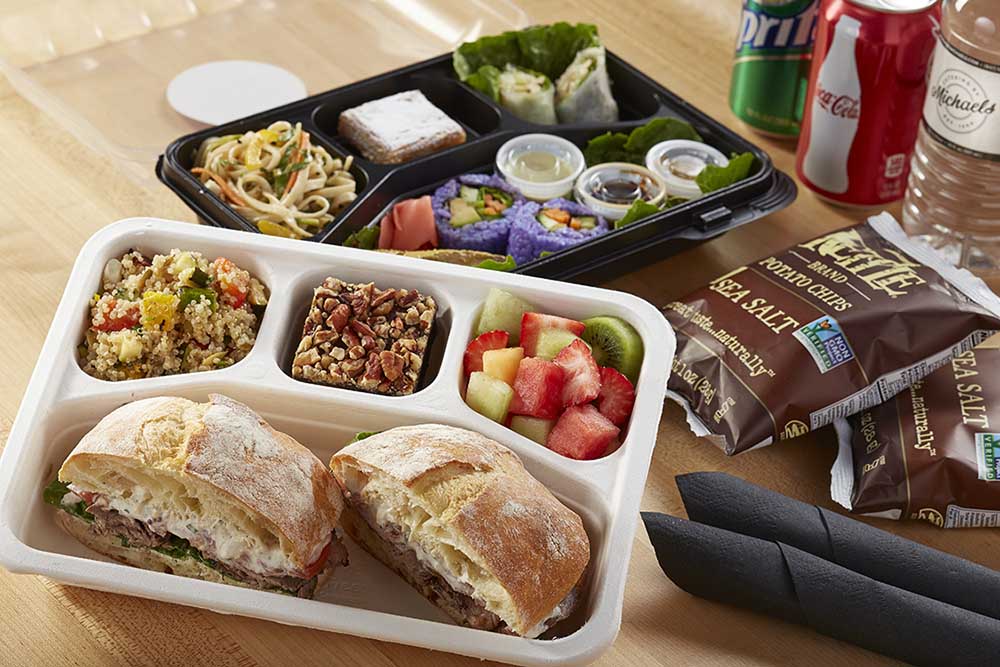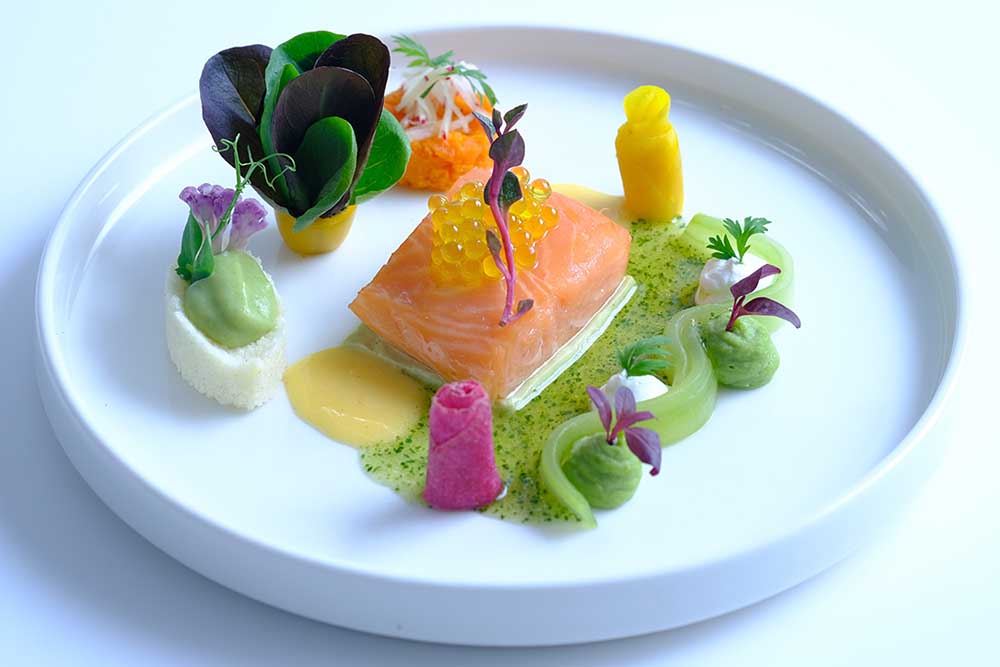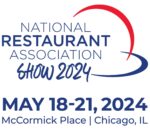
The Green Restaurant Association helps foodservice companies reach their sustainability goals
By Sara Perez Webber
When Michael Oshman founded the Green Restaurant Association in 1990, he often had to explain what “greening” meant.
“Everybody literally brought up Kermit the Frog,” he says with a laugh.
And while it’s still not easy being green—as Kermit might sing—it’s a term that’s now well understood and a goal that’s shared by many in the foodservice industry, who are implementing procedures and purchasing products that minimize their environmental impact.
“People now have a frame of reference, and they understand sustainability—that’s huge,” says Oshman. “They understand zero waste is important, that using less energy and water is important. They understand sustainable food…. Our group along with many other environmental groups have really pushed this front and center.”
The Green Restaurant Association (GRA) has certified thousands of foodservice businesses since its founding, and currently counts about 700 certified clients. To earn the Certified Green Restaurant or Certified Green Caterer designation—which ranges from 1 Star to 4 Star—businesses must meet certain criteria. All must recycle, ban the use of polystyrene foam, and compost (in cities with composting programs). Then they earn GreenPoints for their environmentally friendly practices in eight categories, ranging from water, waste and energy to reusables and disposables.
For example, if a restaurant serves all to-go orders in reusables, with no disposable option available, it earns 50 GreenPoints. A geothermal heat pump earns 51 GreenPoints. Weekly donations to a food bank will earn 10 GreenPoints. The more GreenPoints earned, the higher the star designation.
Foodservice businesses who want to follow sustainable practices often need advice on how to do it. That’s where GRA’s sustainability consultants come in. They assess where the business’s strengths and weaknesses are, and detail the steps needed to become more eco-friendly. “Part of what the certification does is it creates an objective mark, where you don’t have to be the judge and the jury of your own business,” says Oshman.

The GRA also maintains the world’s largest database of green solutions for the restaurant industry. Companies like Catering by Michaels in Morton Grove, Illinois, rely on GRA’s seal of approval when determining which products will further its sustainable goals. “We put a lot of effort into researching products, and we always try to verify vendor supplied info with an independent third party,” says Jeff Ware, chief operating officer.
There are a lot of labels and certifications that essentially mean nothing and contribute to ‘greenwashing.’ There are some reliable sources, such as the Monterey Bay Aquarium Seafood Watch, GreenSeal and the Green Restaurant Association.”
To “greenwash” a product is to exaggerate or falsify its sustainable attributes—and according to Oshman, there’s a lot of it in the industry. GRA’s Certified Green Product logo helps companies avoid purchasing products that don’t advance their sustainability goals.
Catering by Michaels earned its 2 Star Certified Green Caterer label in 2014. “We have continued to improve our sustainability efforts over the years and were upgraded to a 3 Star certification in 2015 and just recently got upgraded to 4 Star this year,” says Ware.
Large corporations are more likely than wedding clients to seek out Catering by Michaels for its sustainable practices, though the company doesn’t aggressively promote its eco-friendly policies.

“We care about being sustainable because it’s the right thing to do, not because it’s the cool thing to do,” says Ware. “If clients ask, we love to share in more detail, but we want to be hired because we are a great caterer, not only because we are focused on sustainability.”
Corporate event clients are more likely than wedding clients to inquire about Catering by Michaels’ green policies.
A leading Washington, D.C.-area caterer, Windows Catering is a 2 Star Certified Green Caterer that promotes its environmentally friendly practices via social media and on its menus and proposals. “Being ‘green’ builds loyalty with our customers, improves employee morale and also makes an impact on our bottom line with cost-savings,” says Andrew Gerstel, CEO. “This is all part of being a good corporate citizen.”
Some clients take an active interest in the process Windows goes through annually to recertify as a green caterer. “We are more than happy to share our best practices to ensure they are satisfied that they are working with a partner that is aligned with their beliefs and practices as well,” says Gerstel.

Windows’ sustainable practices include seeking out farms and food purveyors that implement strict environmentally friendly practices. The company consults the Monterey Bay Aquarium Seafood Watch list to make sure its seafood is sustainable, has a single-stream recycling and composting program, and only uses environmentally friendly disposables and cleaning products. “All of these practices add up over time,” says Gerstel. “We feel as though we live up to our corporate mission of being a ‘green’ caterer each and every day.”
For More Information
Catering by Michaels
cateringbymichaels.com
Green Restaurant Association
dinegreen.com
Windows Catering
catering.com










